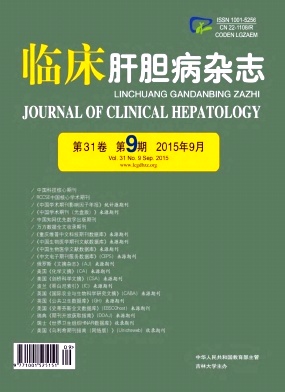Objective To study the effect of high altitude( HA) of 4300 m on the hepatic gluconeogenesis in rats and its underlying mechanism. Methods Thirty-six healthy adult male Sprague-Dawley( SD) rats were randomly assigned to group H1( HA exposure for 1 day,n = 6),group H3( HA exposure for 3 days,n = 6),group H7( HA exposure for 7 days,n = 6),group H15( HA exposure for 15 days,n= 6),group H30( HA exposure for 30 days,n = 6),and group C( no HA exposure,n = 6). After the treatment,the mRNA and protein levels of glucose-6-phosphatase( G6Pase),and forkhead box transcription factor O1( Fox O1) in the hepatic tissues were determined by RT-PCR and Western blot,respectively. The content of hepatic glycogen was determined by spectrophotometry,and the blood glucose level was measured using an automatic biochemical analyzer. The one-way analysis of variance( ANOVA) was used to analyze the differences between groups,and the Tukey test was further used to compare the differences between two groups. Results Compared with those in group C,the levels of G6 Pase and glycogen in the hepatic tissues of rats increased significantly in groups H1,H3,and H7( P < 0. 05),and the expression level of Fox O1 decreased significantly in groups H3,H7,H15,and H30( P < 0. 01). No significant differences in the concentration of blood glucose were observed between the HA-treated groups. Conclusion Increased hepatic gluconeogenesis and glycogen synthesis in the early phase of HA exposure may be one of the important mechanisms of HA acclimatization. Fox O1 and AMPK are involved in the regulation of hepatic gluconeogenesis. The increased content of hepatic glycogen is associated with the decreased activity of AMPK.







 DownLoad:
DownLoad: